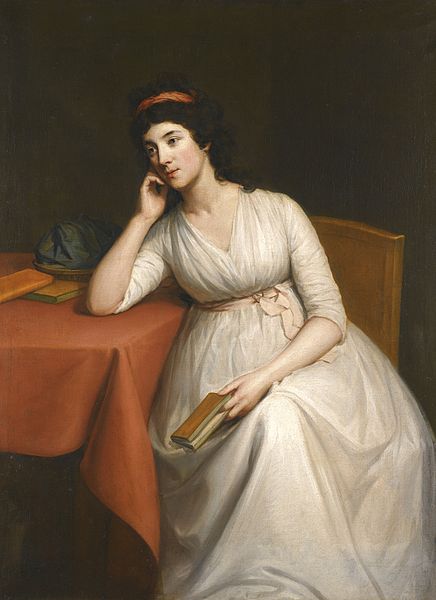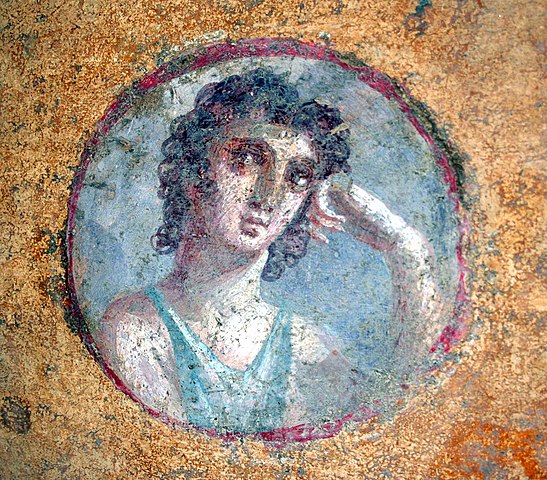
A book newly available from the Cambridge Core Collection database of The Thammasat University Library offers insights into ethics, human development, developmental psychology, education, psychology, philosophy, sociology, political science, economics, and medicine.
The Cambridge Handbook of Wisdom suggests that wisdom, or the ability to think and act using knowledge, experience, understanding, common sense and insight is more needed than ever in a world where economic inequality and climate change damage the planet and people.
The book may be downloaded free online by students using the TU WiFi account number.
The TU Library collection includes other books about different aspects of wisdom.
Defining wisdom and seeing how to make humanity wiser has been the basis of academic psychological research, although real world examples of wisdom may be complex and difficult to measure by traditional experimental methodology.
New approaches through philosophy, sociology, political science, economics, and medicine bring further perspectives and contexts.
In recent decades, people have learned to understand complex communications devices and other new technologies, but they have not solved the world’s major problems: rising income disparities, widespread poverty, climate change, pollution, and violence, among others.
Standardized test scores at school show little connection with how well individual students will cope with later life as adults.
For this reason, schools and societies should develop virtues such as good character, active citizenship, compassion, and ethical leadership, as well as common sense, creativity, and wisdom. In this way, future generations will use their knowledge and skills to help the common good, understand other people’s points of view and finding an ethical balance between our own personal interests and the interests of society.
Self-interest often advances people at the expense of others, society, or the environment.
Economic inequality shows that rich people are skilled at adapting to new challenges and are ready to leave the rest of the world behind in poverty.
For these reasons, wisdom, or using intelligence, creativity, and knowledge for a shared good considers ethical values over the short and long terms.
To better understand wisdom, Professor Sternberg also examines its opposite, foolishness.
People in positions of power or authority may appear to be wise, when they are not.
Intelligent, creative, people can also be foolish, especially because some intelligent people may believe that they could never do anything foolish.
Among common errors are when people think they are so smart that they can do whatever they want. Others are when people think that they are the only ones that matter, not the people who rely on them, or when they think that they know everything or can get away with anything. It is also a mistake to consider that ethics are only important for other people, not for ourselves.

Here are some thoughts about wisdom by authors, most of them represented in the TU Library collection:
- Constant and frequent questioning is the first key to wisdom … For through doubting we are led to inquire, and by inquiry we perceive the truth.
Peter Abelard
- Knowledge is indivisible. When people grow wise in one direction, they are sure to make it easier for themselves to grow wise in other directions as well. On the other hand, when they split up knowledge, concentrate on their own field, and scorn and ignore other fields, they grow less wise — even in their own field.
Isaac Asimov, The Roving Mind (1983)
- Wisdom is purified by morality, and morality is purified by wisdom: where one is, the other is, the moral man has wisdom and the wise man has morality, and the combination of morality and wisdom is called the highest thing in the world.
Gautama Buddha, Digha Nikaya, Sutta 4 (Sonadanda Sutta), verse 22
- Knowledge is proud that he has learn’d so much;
Wisdom is humble that he knows no more.
William Cowper, The Task (1785)
- Wisdom makes but a slow defence against trouble, though at last a sure one.
Oliver Goldsmith, The Vicar of Wakefield (1766)
- What the world actually admires as sagacity is knowledge of evil—whereas wisdom is knowledge of the good. The one who loves does not have and does not want to have knowledge of evil; in this regard he is and remains, he wants to be and wants to remain, a child.
Søren Kierkegaard, Works of Love (1847)
- To realise the unimportance of time is the gate of wisdom.
Bertrand Russell, Our Knowledge of the External World (1914), p. 167
- Almost every wise saying has an opposite one, no less wise, to balance it.
George Santayana, The Life of Reason, Vol. 5 (1906)
- Well, God give them wisdom that have it; and those that are fools, let them use their talents.
William Shakespeare, Twelfth Night (c. 1601-02)
- Acquire wisdom, acquire understanding. Do not forget, and do not turn aside from the sayings of my mouth. Do not leave it, and it will keep you. Love it, and it will safeguard you. Wisdom is the prime thing. Acquire wisdom; and with all that you acquire, acquire understanding. Highly esteem it, and it will exalt you. It will glorify you because you embrace it. To your head it will give a wreath of charm; a crown of beauty it will bestow upon you.
Solomon, Book of Proverbs
- There is no wisdom without leisure.
Ancient Jewish Wisdom, cited by W. B. Yeats in speech given in 1923.
- Wise men learn more from fools than fools from the wise.
Cato, Plutarch’s Life of Cato
- Dare to be wise.
Horace, Epistles, I. 2. 40
- Who then is free? The wise man who can govern himself.
Horace, Satires, II. 7. 83
- It is easier to be wise for others than for ourselves.
François de La Rochefoucauld, Maxims
- Whoever is not too wise is wise.
Martial, Epigrams, XIV. 10. 2
- We become wiser by adversity; prosperity destroys our appreciation of the right.
Seneca the Younger, Moral Epistles, XCIV
- The fool doth think he is wise, but the wise man knows himself to be a fool.
William Shakespeare, As You Like It
- The saddest aspect of life right now is that science gathers knowledge faster than society gathers wisdom.
Isaac Asimov
- We can know only that we know nothing. And that is the highest degree of human wisdom.
Leo Tolstoy, War and Peace
- Wonder is the beginning of wisdom.
Socrates
- Authority without wisdom is like a heavy axe without an edge, fitter to bruise than polish.
Anne Bradstreet
- Common sense in an uncommon degree is what the world calls wisdom.
Samuel Taylor Coleridge, Literary Remains, Vol. 1

(All images courtesy of Wikimedia Commons)
